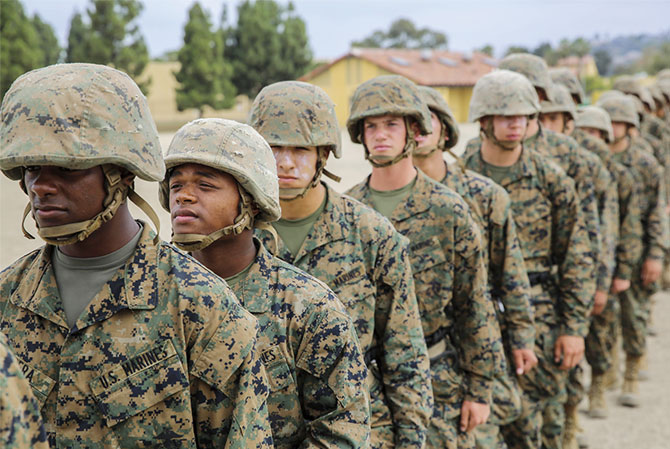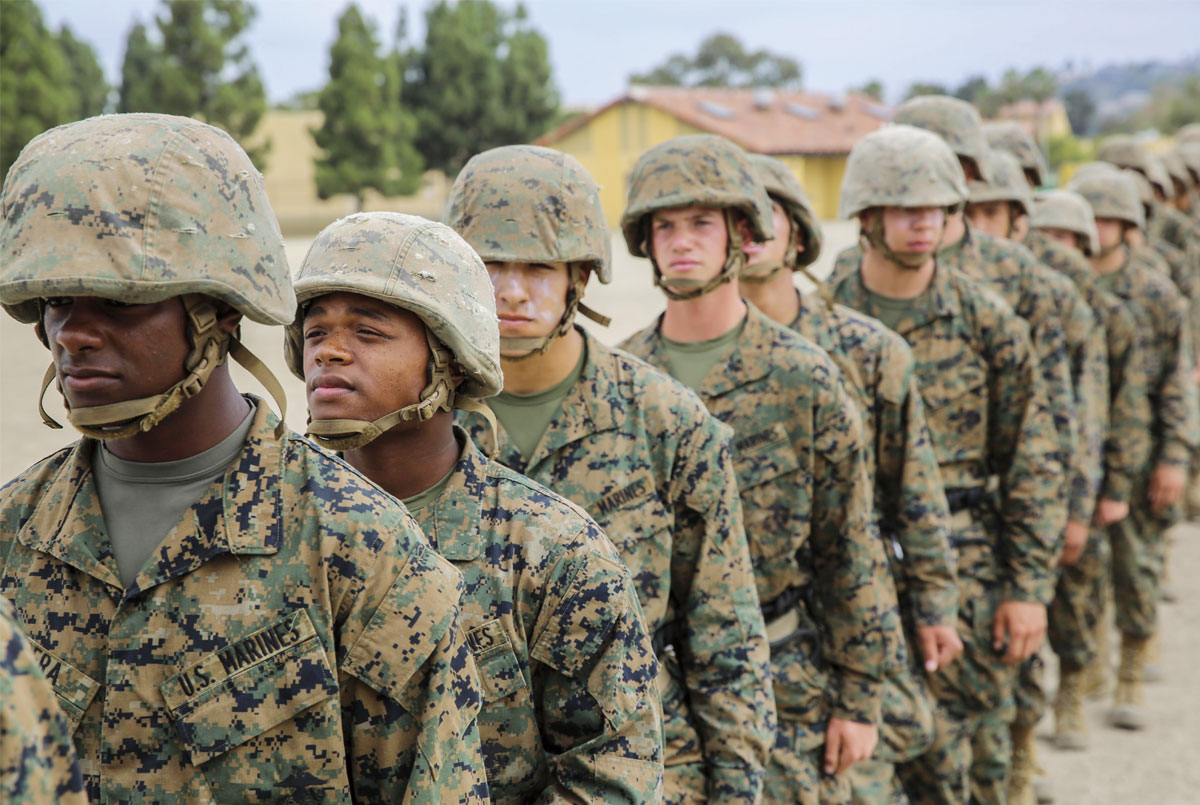The United States has long relied on an all-volunteer military—and because Americans aren’t required to enlist, few of them do. About 1.3 million people—less than 1 percent of the population—currently serve in the armed forces.
But for decades, the country maintained what’s known as a draft, which required young men to serve in the military if called upon. With the end of the Vietnam War in 1973, however, the government no longer needed a massive supply of troops, and the draft was discontinued.
With the ongoing conflicts in Iraq and Afghanistan, some people are now questioning whether a volunteer military can still meet the nation’s needs—and are pushing to reinstate the draft. (More than 30 countries, including Russia, Israel, and Mexico, maintain a draft.)
Supporters of that idea say it’s unfair that such a small percentage of Americans bear the burden of protecting our country. Plus, they say, a draft would allow the government to quickly bring in more troops if the U.S. were under attack.
But some opponents say that forcing people to join the military would violate their rights. Many also say that volunteers make better soldiers than people who don’t really want to serve.
Should the U.S. bring back the draft? Two experts weigh in.


